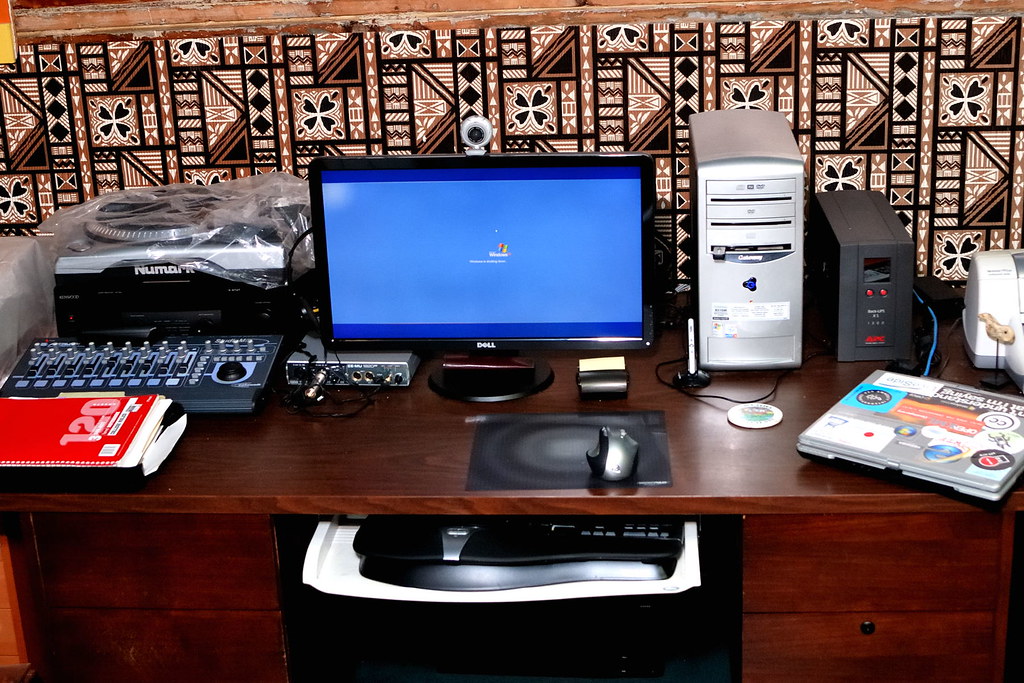
There’s a closer relationship between big data and the Internet of Things [IoT] than most people realize and even though there’s a lot of hype surrounding the two technologies, these can have an additional advantage for enterprises beyond just data generation.
According to a study done by IoT Analytics, a global firm that track Internet of Things companies and trends, be there is a head-to-head race going on between 5 companies: Intel, Microsoft, Cisco, Google, and IBM. like Amazon, Google, and Microsoft are doing their bits to make early inroads, into the consumer IoT segment.
According to a report by IDC, global IoT spending will experience a compound annual growth rate (CAGR) of 15.6% over the 2015-2020 forecast period, reaching $1.29 trillion in 2020. IDC forecasts a 50% increase in revenues from the sale of big data and business analytics software, hardware, and services between 2015 and 2019. Services will account for the biggest chunk of revenue, with banking and manufacturing-led industries poised to spend the most.
When innumerable devices are connected through IoT, we can well imagine the amount of data it will generate. However, one of the major problems is how to handle an increasing amount of data, with a variety of data types and data sources, in order to meet application-specific performance requirements. IoT works with devices on the network and gives an embedded and cloud infrastructure which helps to manage, control and automate data across different networks.